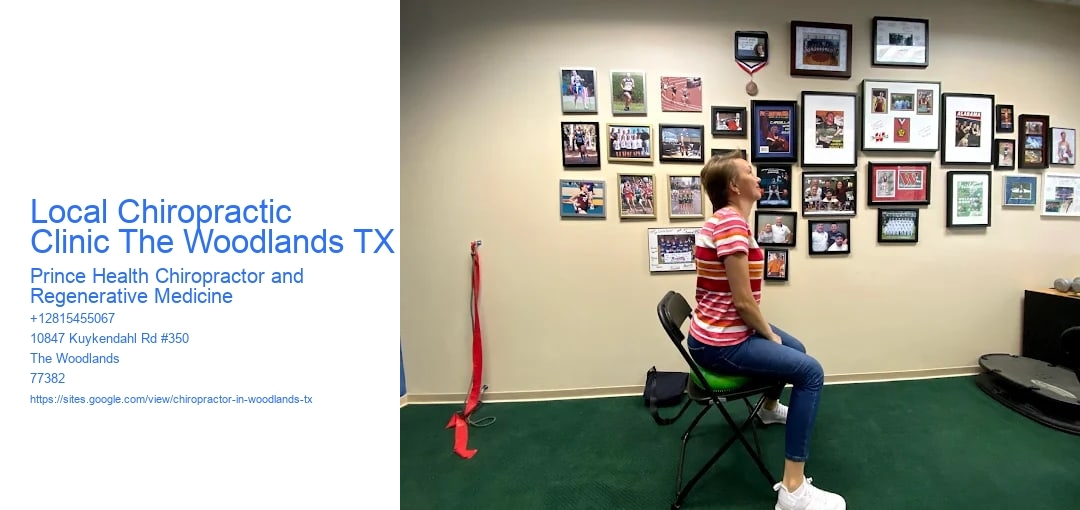Texas (TEK-səə ss, in your area also TEK-siz; Spanish: Texas or Tejas) is the most heavily populated state in the South Central area of the USA. It borders Louisiana to the east, Arkansas to the northeast, Oklahoma to the north, New Mexico to the west, and an international border with the Mexican states of Chihuahua, Coahuila, Nuevo León, and Tamaulipas to the south and southwest. Texas has a shoreline on the Gulf of Mexico to the southeast. Covering 268,596 square miles (695,660 km2) and with over 31 million homeowners as of 2024, it is the second-largest state by area and population. Texas is nicknamed the Lone Star State for the single celebrity on its flag, symbolic of its previous status as an independent nation, the Republic of Texas. Spain was the initial European nation to case and control Texas. Following a short-lived colony regulated by France, Mexico controlled the land till 1836 when Texas won its independence, coming to be the Republic of Texas. In 1845, Texas joined the United States of America as the 28th state. The state's addition set off a chain of occasions that resulted in the Mexican–-- American Battle in 1846. Following success by the USA, Texas remained a slave state until the American Civil War, when it declared its secession from the Union in very early 1861 prior to officially joining the Confederate States on March 2. After the Civil War and the repair of its representation in the federal government, Texas entered an extended period of economic stagnancy. Historically, 5 major industries shaped the economy of Texas before World War II: bison, cattle, cotton, oil, and lumber. Before and after the Civil War, the cattle industry—-- which Texas involved dominate—-- was a major economic chauffeur and created the conventional picture of the Texas cowboy. In the later 19th century, cotton and lumber grew to be major markets as the livestock industry came to be much less lucrative. Inevitably, the exploration of significant petroleum down payments (Spindletop specifically) launched an economic boom that came to be the driving pressure behind the economy for much of the 20th century. Texas established a varied economy and high tech market during the mid-20th century. Since 2024, it has the second-highest number (52) of Lot of money 500 business headquartered in the USA. With a growing base of market, the state leads in many industries, including tourist, agriculture, petrochemicals, power, computers and electronic devices, aerospace, and biomedical scientific researches. Texas has actually led the U. S. in state export earnings given that 2002 and has the second-highest gross state item. The Dallas–-- Fort Worth metroplex and Greater Houston locations are the country's 4th and fifth-most populous urban regions specifically. Its capital city is Austin. Because of its size and geologic attributes such as the Balcones Mistake, Texas includes varied landscapes typical to both the U. S. Southern and the Southwestern areas. The majority of populace facilities remain in areas of previous grassy fields, grasslands, woodlands, and the shoreline. Traveling from eastern to west, surface arrays from coastal swamps and piney woods, to rolling levels and sturdy hills, to the desert and hills of the Big Bend.
.



